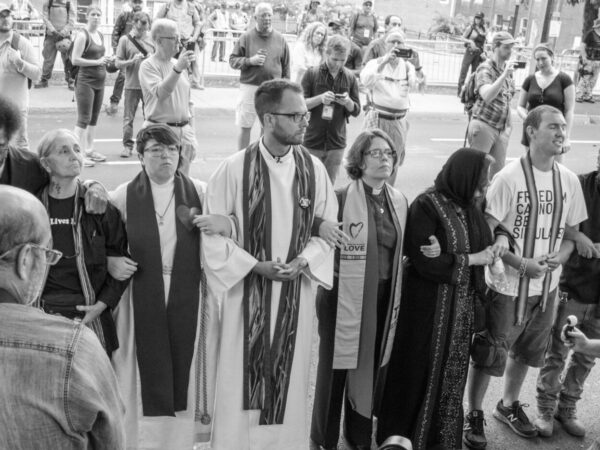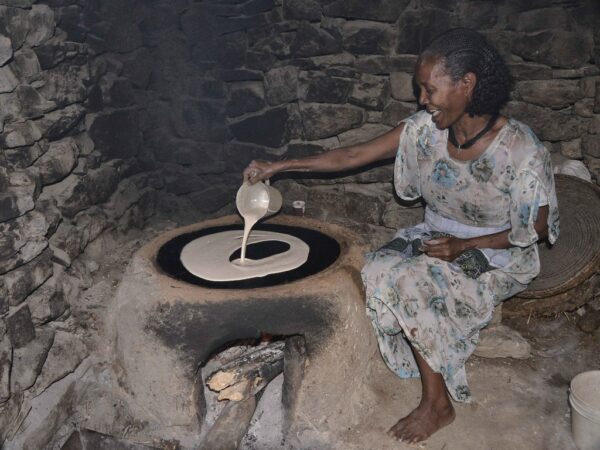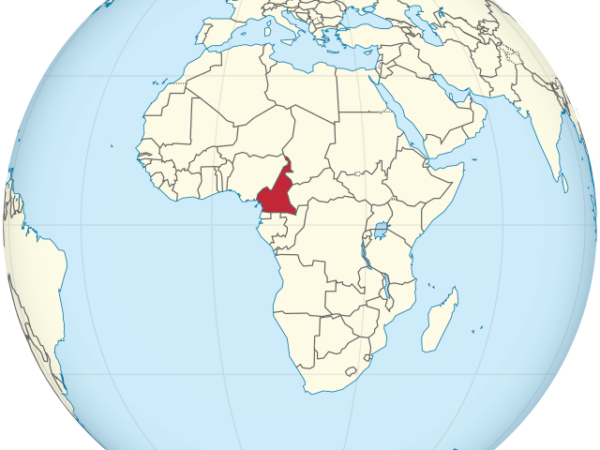
Is the new materialist language of agential realism really an instance of what Niklaus Largier calls figuration? How did we transition from a use of the term “agent,” meaning conduit or receptive tool, an actor moved by an other, to the term “agential,” meaning immanent to itself, meaning matter that has its own imagination, even its own desire? Largier’s brief investigation of new materialist language in chapter six of Figures of Possibility ultimately serves as a provocative digression, a counterexample underscoring the overall thrust of his book.

The text of 1 Kings 8 is a conversation, not a monologue. For those of us who look to Scripture to guide our understanding and action in our own context, this text invites us to wrestle, conversationally, with the embedded ideologies of our own political leaders’ projects. Names matter in politics. But humble leadership, for the good of all, ought to matter more.

What futures are possible if Largier’s imaginative vision of transformative practice is embraced? Against the stagnating rehearsal of sedimented forms of knowledge production and the force of familiar affective patterns, Largier’s figures offer possibilities as infinite as the bodies they represent.

This intervention invites readers to consider Largier’s interdisciplinary approach on figuration and theistic immanence, particularly in the light of Foucault’s reflection on Subject and Power and his large influence on Anthropological and Social Sciences studies of power and the willful subject. Napolitano examines mystics and negative theology’s thread of “the ground” in Largier’s work, likening its affective intensity and dynamic of figuration to an otherwise imagination of the political, and its forms of violence.

Resisting the temptation to romanticize the prelapsarian state of affective and sensory innocence before the fall into conceptualization, Largier attends to contemplative practices that open the discursive mind to be interrupted by figuration.

The journal Political Theology releases its newest issue which considers interesting topics, such as Eric Peterson on the modern nation state, Edith Stein and Jan Patočka in relation to the war in Ukraine, the “sacred” in leftist spaces, and the development of a “dark fantastic theological imaginary.”





